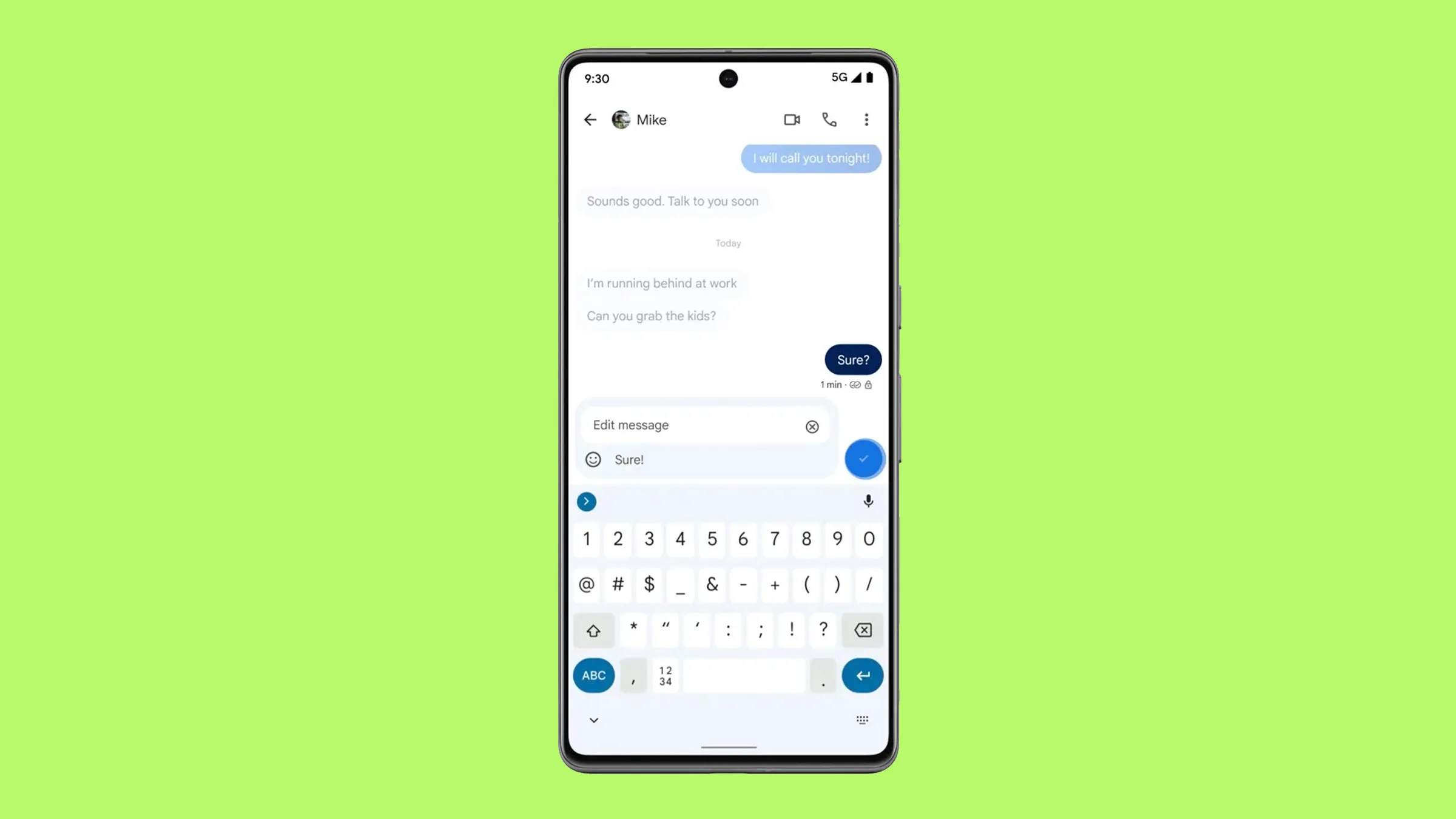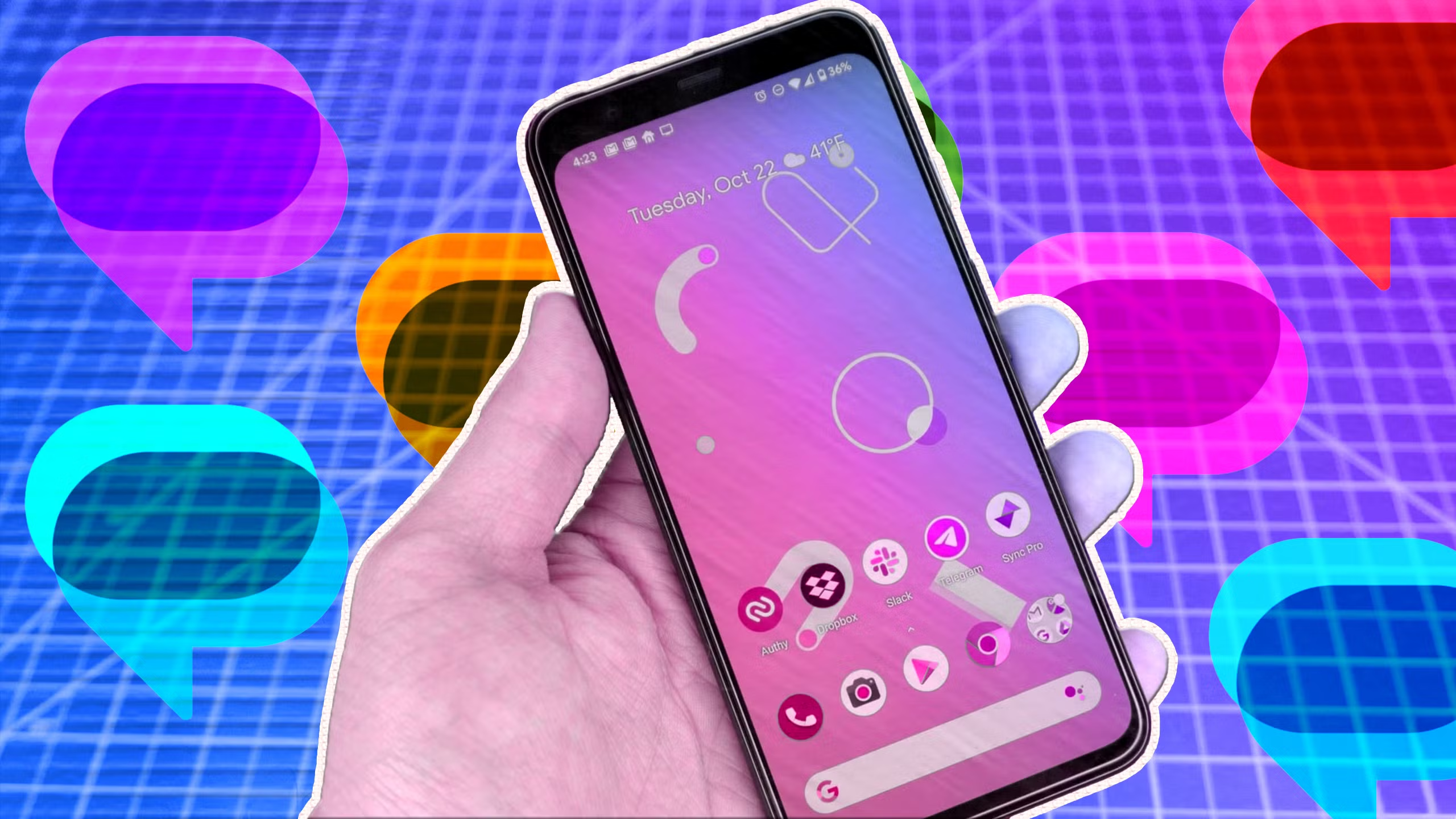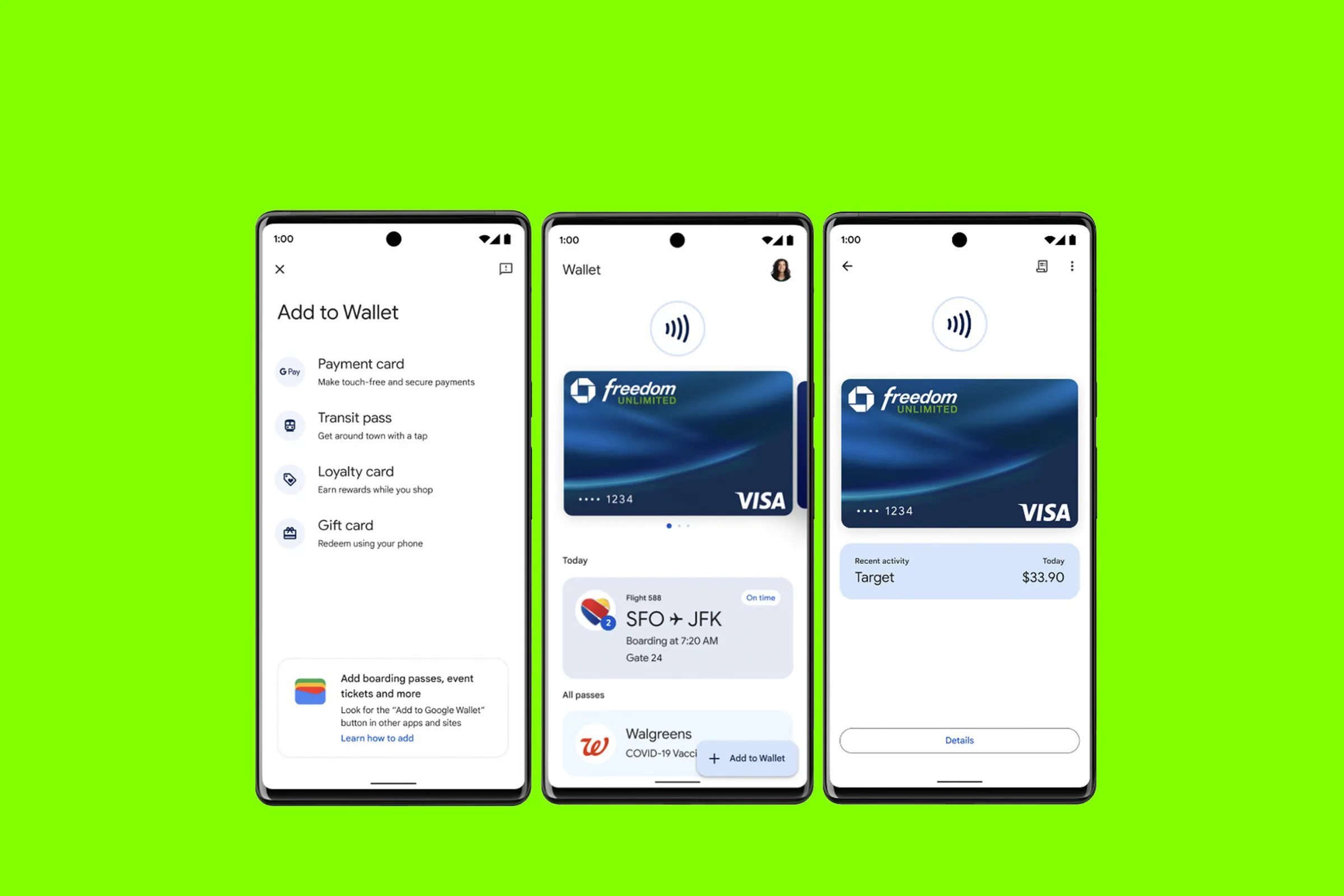In a groundbreaking alliance, Samsung and Google have embarked on a journey to revolutionize messaging experiences across mobile platforms. This collaboration highlights the adoption of Rich Communication Services (RCS) in Samsung Galaxy devices, a move punctuated by the full integration of Google Messages. This development marks a significant shift in the mobile communications landscape, setting a new standard for how we connect in the digital age.

The Evolution of Messaging: RCS Takes Center Stage
RCS has been a topic of industry conversation for years, often seen as the next evolutionary step in mobile messaging. However, it’s only now, with major players like Apple joining the fold and incorporating RCS into the latest iOS update, that the technology has truly begun to reshape the user experience across different ecosystems. Samsung’s strategic pivot to fully embrace Google Messages underscores this evolution, moving away from its proprietary Samsung Messages app to a more universal and feature-rich platform.
Samsung’s decision to support RCS in collaboration with Google is not just about enhancing Android devices but also about fostering better communication between Android and iOS users. “Samsung has been instrumental in the growing adoption of RCS,” stated Sameer Samat, the President of Android Ecosystem at Google. This partnership aims to create a seamless messaging experience that transcends platform boundaries, a crucial step towards creating a universally compatible communication standard.

A Trio of Enhancements: The Benefits of RCS
The benefits of RCS are not just theoretical but tangible, improving everyday interactions in several ways:
- High-Quality Media Sharing – RCS allows users to send and receive high-resolution photos and videos, making sharing moments with friends and family more enjoyable.
- Text Reactions – Users can now express their emotions more vividly through text reactions, adding a new layer of interactivity to standard messaging.
- Enhanced Group Chats – Group messaging is more intuitive and manageable with RCS, thanks to improved group chat functionalities.
These features are showcased in a series of promotional videos by Samsung, which, while not explicitly featuring Google Messages, maintain a consistent aesthetic that aligns with the app’s interface. These videos, likely a part of upcoming ad campaigns, demonstrate the practical advantages RCS brings to everyday communication.

Shifting Gears: Samsung’s Strategic Move
The transition to Google Messages involved phasing out the pre-loaded Samsung Messages app on Galaxy devices in the US and removing it from existing devices through updates. This bold move reflects Samsung’s commitment to RCS and its benefits for the Android ecosystem and its users. By fostering open industry standards, Samsung believes that new possibilities can be unlocked not only for its devices but for the entire device ecosystem.
The broader implications of this shift are significant, as they promote a more unified and streamlined communication experience across various devices and platforms. As messaging continues to evolve, the collaboration between Samsung and Google through RCS could well be a harbinger of future innovations in mobile technology, making communication more seamless and engaging for users around the world.


